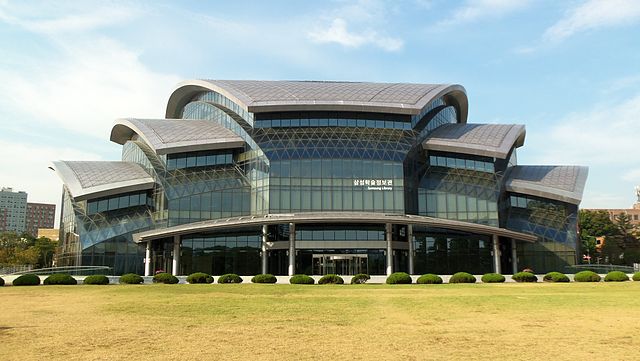SKKU: SKKU-KOLMA, developing new bio-materials based on automated bio-production platforms
The Department of Biotechnology (Dean Lee Suk Chan) at Sungkyunkwan University (President Shin Dong Ryul) announced that it will jointly develop new bio-materials based on automated bio-production platforms with Korea KOLMA Institute of Technology (Director Kang Hak Hee), which is global cosmetics ODM specialized company.
The automated bio-production platform (or bio-foundry’s production and test platform) is an innovative manufacturing platform that performs repetitive experiments and processes as a platform that combines robot, AI technology and bio-technology. Sungkyunkwan University’s BioFundry Research Center (Director, Professor Woo Han-min) secures an automated bio-production platform using robot devices, and combines biological technologies by mass parallel experiments compared to previous ones such as gene base editing technology and modular cloning technology to increase research productivity and repeatability.
The two organizations plan to develop new bio-materials that are competitive in global market by combining cosmetics R&D technics know-how of Korea KOLMA and Bio-Foundry’s automated bio-production platform technology owned by Sungkyunkwan University.
The material that plans to be jointly developed through this agreement is “100% human-like collagen,” which is expected to be highly marketable when development is completed as the need for eco-friendly materials to replace animal collagen is recently growing.
Professor Lee Suk-chan, Dean of Sungkyunkwan University’s Department of Biotechnology, said, “Through this agreement, it is expected to create synergy in the development of new global source bio-materials through the convergence of automated bio-production platform technology secured by Sungkyunkwan University and R&D know-how owned by Kolmar Korea.”
Kang Hak hee, director of Kolmar Korea Institute of Technology, said, “We will contribute to enhancing K-beauty competitiveness by discovering sustainable biomaterials that will lead the future market and localizing new eco-friendly materials.”

